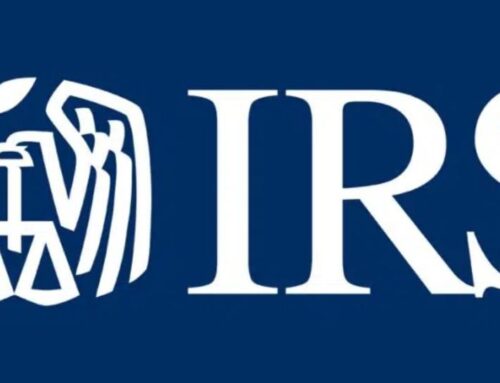While there is no good news from a storm like Irma, the IRS has at least provided Floridians with some degree of comfort. Per the Internal Revenue Service, Hurricane Irma victims in parts of Florida and other areas have until Jan. 31, 2018 to file some individual and business tax returns and make certain tax payments.
The IRS filing and payment relief applies to the following counties in Florida: Brevard, Broward, Charlotte, Clay, Collier, Duval, Flagler, Hillsborough, Lee, Manatee, Miami-Dade, Monroe, Orange, Palm Beach, Pasco, Pinellas, Polk, Putnam, Sarasota, St. Johns Counties and St. Lucie additional counties may be added as FEMA completes their studies.
The tax relief delays several tax filing and payment deadlines in Florida that were originally scheduled starting on Sept. 4, 2017. That includes both the Sept. 15, 2017 and Jan. 16, 2018 deadlines for making quarterly estimated tax payments. For individual tax filers, it also encompasses 2016 income tax returns that got a tax-filing extension until Oct. 16, 2017. The IRS pointed out, though, that because tax payments stemming from the 2016 returns originally came due on April 18, 2017, those payments are not eligible for this type of relief.
Several business tax deadlines are also impacted, including the Oct. 31 deadline for quarterly payroll and excise tax returns. Businesses with extensions also get more time including, among others, calendar-year partnerships whose 2016 extensions end on Sept. 15, 2017 and calendar-year tax-exempt organizations whose 2016 extensions run out Nov. 15, 2017. The disaster relief page includes details on other returns, payments and tax-related actions that are eligible for the extra time.
On top of that, the IRS is waiving late-deposit penalties for federal payroll and excise tax deposits typically due during the first 15 days of the disaster period. The IRS.gov disaster relief page spells out the time periods applicable for each jurisdiction.
Taxpayers do not need to contact the IRS to get the relief. The IRS noted that it automatically provides filing and penalty relief to any taxpayer with an IRS address of record located in the disaster area. But if affected taxpayers get a late filing or late payment penalty notice from the IRS that has an original or extended filing, payment or deposit due date happening during the postponement period, they should dial the phone number on the notice to ask the IRS to abate the penalty.
The IRS said it will work with any taxpayer who lives outside the disaster area but whose records are located in the affected area, and they are needed to meet a deadline occurring during the postponement period. Taxpayers qualifying for relief who live outside the disaster area should call the IRS at 866-562-5227. That includes workers helping with relief activities who are affiliated with a recognized government or philanthropic organization.
Individuals and businesses who have suffered uninsured or unreimbursed disaster-related losses can opt to claim them on either the return for the year the loss occurred (in this case, the 2017 tax return typically filed next year), or the tax return for the previous year (2016). Check out Publication 547 for details.


